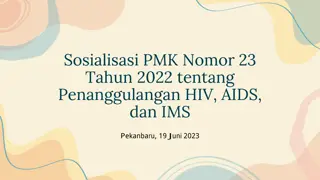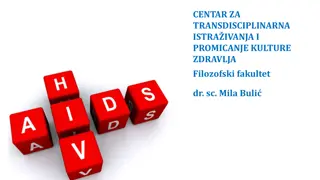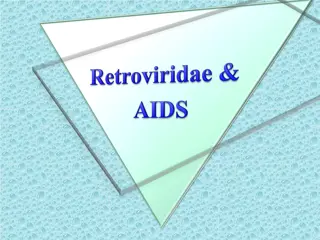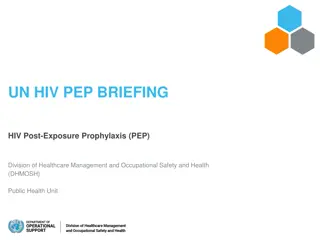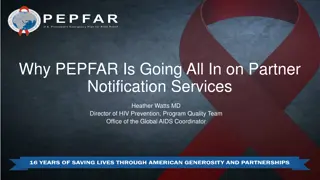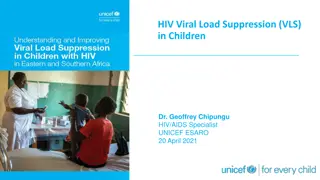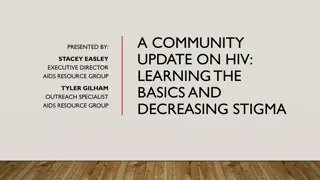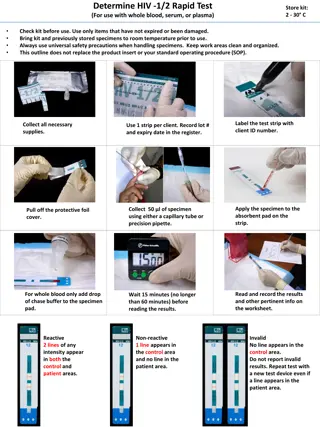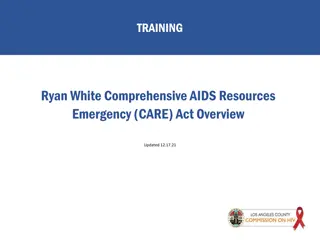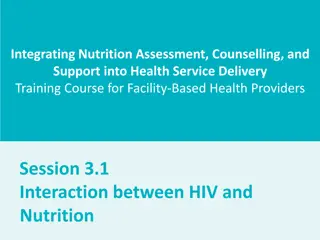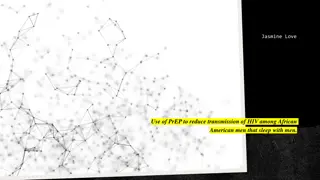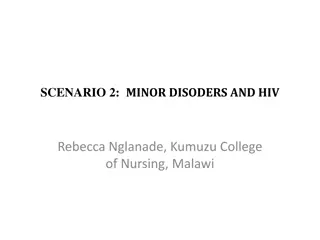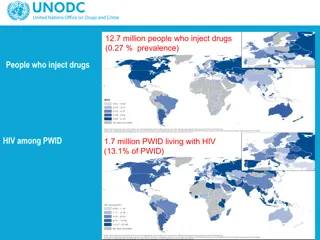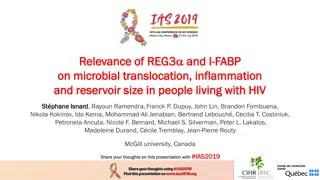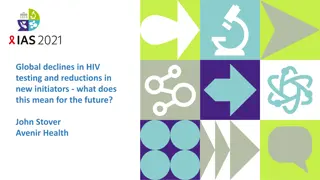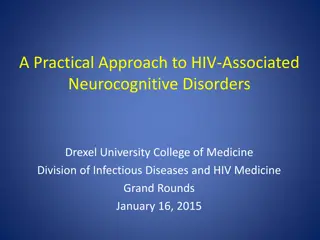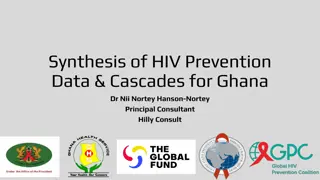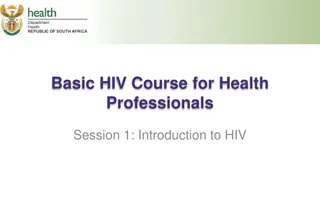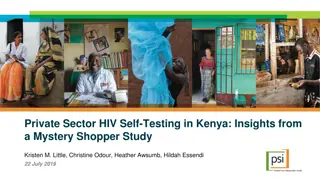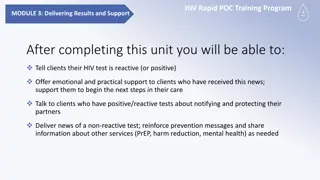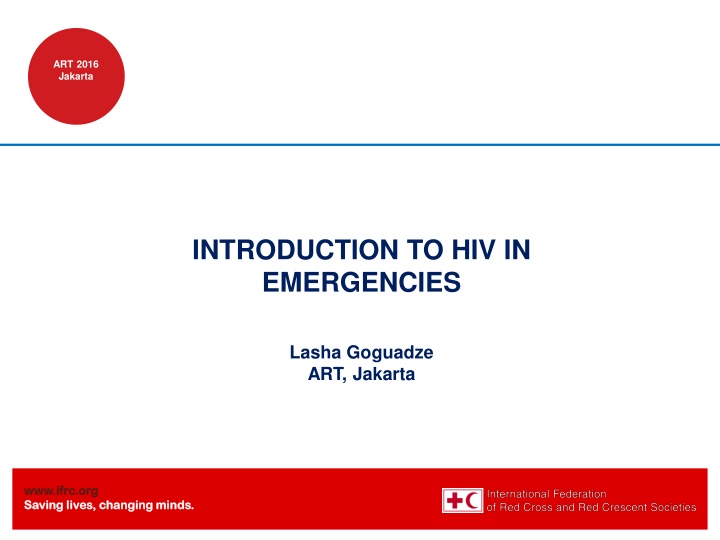
HIV Emergencies: IFRC Guidelines and Training in Jakarta
Explore the essential role of Red Cross and Red Crescent Societies in assisting people with HIV in emergencies, from providing training to field assessments. Learn about the challenges faced and the critical actions taken to save lives and change perspectives during crises.
Download Presentation

Please find below an Image/Link to download the presentation.
The content on the website is provided AS IS for your information and personal use only. It may not be sold, licensed, or shared on other websites without obtaining consent from the author. If you encounter any issues during the download, it is possible that the publisher has removed the file from their server.
You are allowed to download the files provided on this website for personal or commercial use, subject to the condition that they are used lawfully. All files are the property of their respective owners.
The content on the website is provided AS IS for your information and personal use only. It may not be sold, licensed, or shared on other websites without obtaining consent from the author.
E N D
Presentation Transcript
ART 2016 Jakarta INTRODUCTION TO HIV IN EMERGENCIES Lasha Goguadze ART, Jakarta www.ifrc.org www.ifrc.org Saving lives, changing minds. Saving lives, changing minds.
ART 2016 Jakarta Evolving frequency of natural and man-made disasters 107,000,000 people affected by manmade disasters 59 million people affected by conflicts www.ifrc.org www.ifrc.org Saving lives, changing minds. Saving lives, changing minds.
ART 2016 Jakarta People with HIV caught up in emergencies -1 in 19 people living with HIV/AIDS are caught up in natural and man-made disasters - These people are especially vulnerable but are often neglected -Many lack access to essential HIV treatment www.ifrc.org www.ifrc.org Saving lives, changing minds. Saving lives, changing minds.
ART 2016 Jakarta Red Cross and Red Crescent Societies are always present -RCRC have a unique role to play in emergency situations and are often the first to respond - More than 13 million volunteers have assisted the RCRC societies to perform critical tasks during emergencies www.ifrc.org www.ifrc.org Saving lives, changing minds. Saving lives, changing minds.
ART 2016 Jakarta IFRC AND ICMHD WORKING TOGETHER Guidelines Training Assessment tools www.ifrc.org www.ifrc.org Saving lives, changing minds. Saving lives, changing minds.
ART 2016 Jakarta GUIDELINES ON HIV IN EMERGENCIES FOR RCRC STAFF AND VOLUNTEERS - Overview of HIV in emergencies -What RCRC staff can do, how they can do it and how they can relate to other humanitarian organisations www.ifrc.org www.ifrc.org Saving lives, changing minds. Saving lives, changing minds.
ART 2016 Jakarta TRAINING ON HIV IN EMERGENCIES FOR RCRC STAFF AND VOLUNTEERS Module 1. Understanding emergencies Day 1 2. Understanding HIV/AIDS 3. Psychosocial effects of disasters 4. Complicating factors Day 2 5. Preventing HIV infection 6. Responding to disruption in HIV services 7. Advocacy for HIV services Day 3 8. Performing an HIV assessment 9. Summary www.ifrc.org www.ifrc.org Saving lives, changing minds. Saving lives, changing minds.
ART 2016 Jakarta HIV IN EMERGENCIES RCRC FIELD ASSESSMENT TOOL The assessment should cover: -the number of people living with HIV, -population groups most at risk of HIV, where they are and what services are available to them. -RCRC staff/volunteer s knowledge of HIV -the capacity of the healthcare system to provide HIV treatment and care. www.ifrc.org www.ifrc.org Saving lives, changing minds. Saving lives, changing minds.
ART 2016 Jakarta THANK YOU FOR YOUR TIME www.ifrc.org www.ifrc.org Saving lives, changing minds. Saving lives, changing minds.

